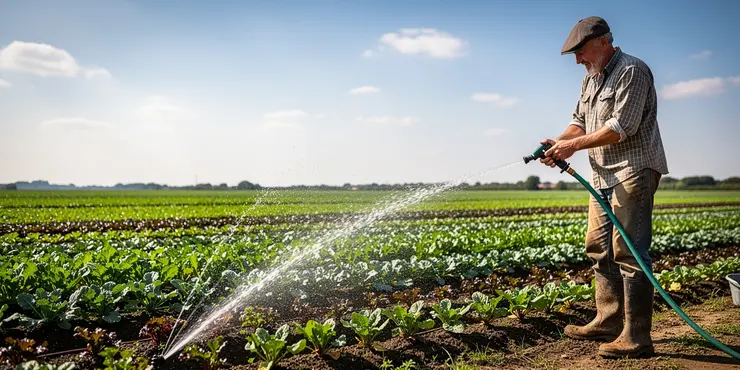
Find Help
More Items From Ergsy search
-
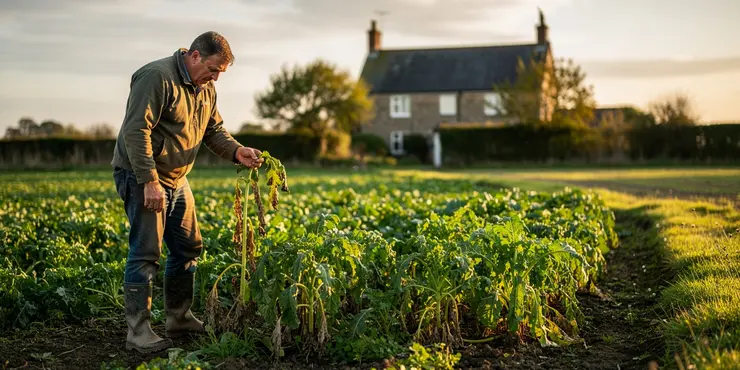
How do hosepipe bans affect farmers?
Relevance: 100%
-
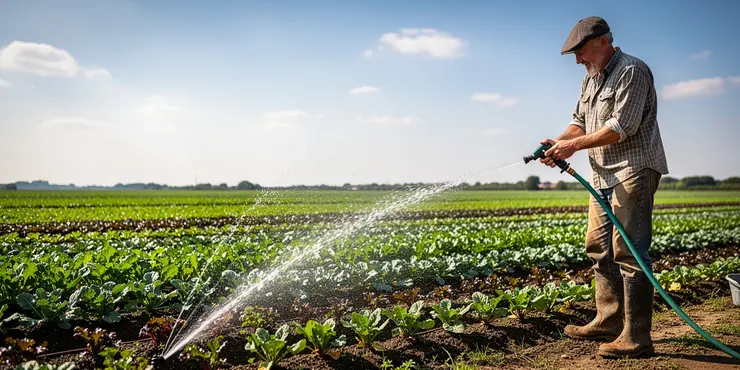
Can hosepipes be used for irrigation during a ban?
Relevance: 94%
-
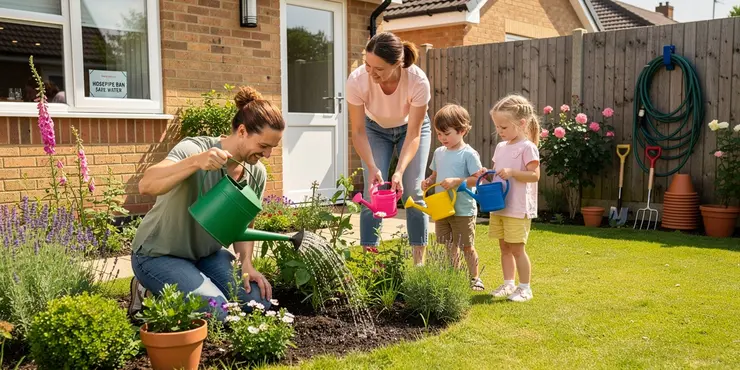
Is a hosepipe ban legally enforceable?
Relevance: 92%
-

Are there any exceptions to a hosepipe ban?
Relevance: 90%
-

What is a hosepipe ban?
Relevance: 90%
-
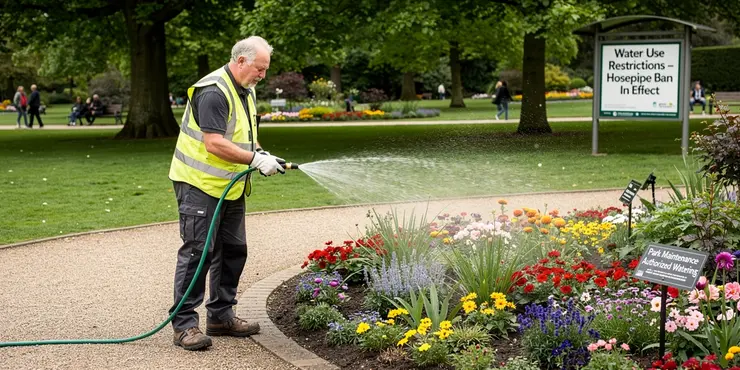
Do hosepipe bans apply to public parks and gardens?
Relevance: 90%
-
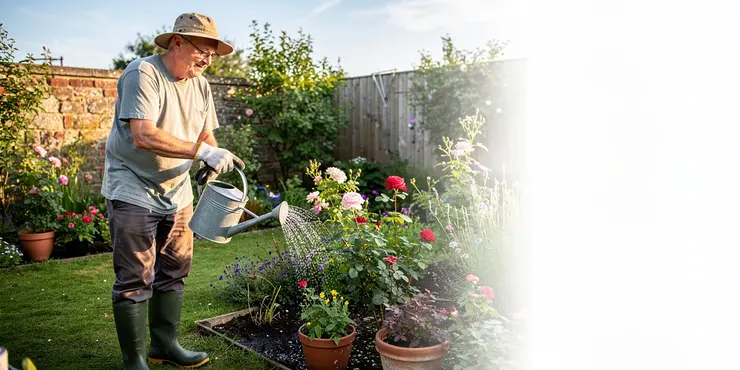
Why are hosepipe bans imposed?
Relevance: 88%
-
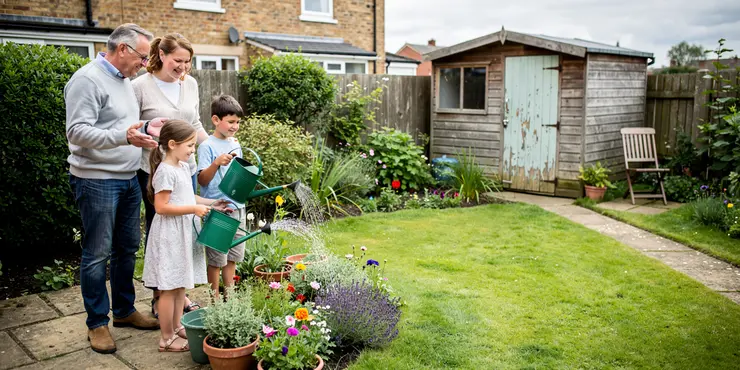
Is a hosepipe ban legally enforceable?
Relevance: 87%
-
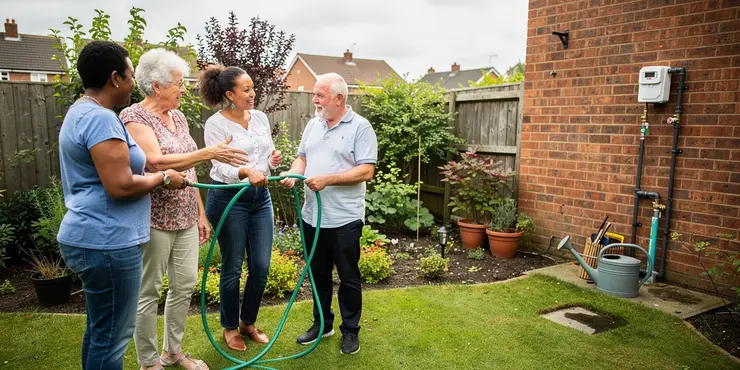
When will the hosepipe ban be over?
Relevance: 86%
-

How can I check if there is a hosepipe ban in my area?
Relevance: 85%
-
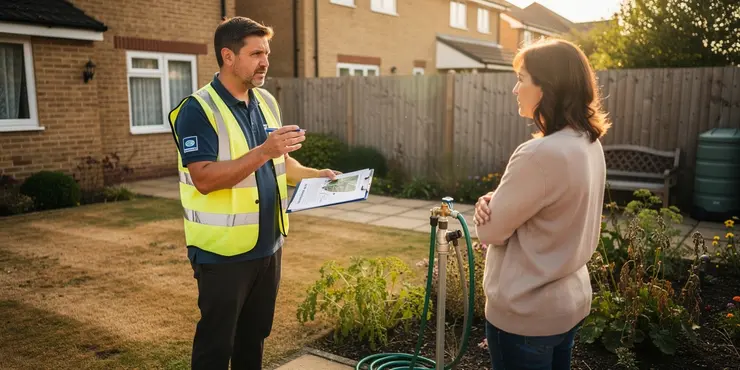
Who enforces hosepipe bans?
Relevance: 84%
-
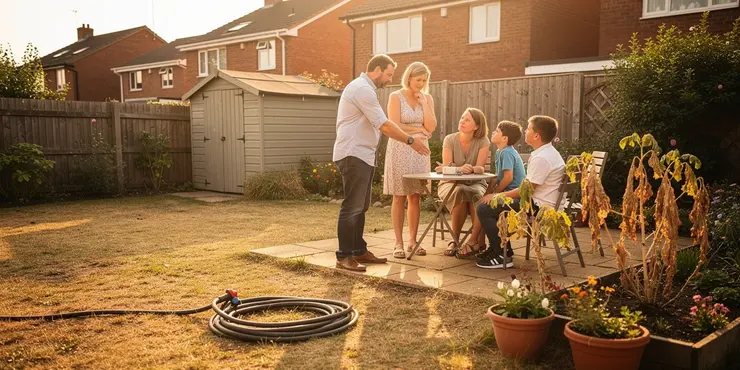
What happens if a hosepipe ban is ignored?
Relevance: 83%
-
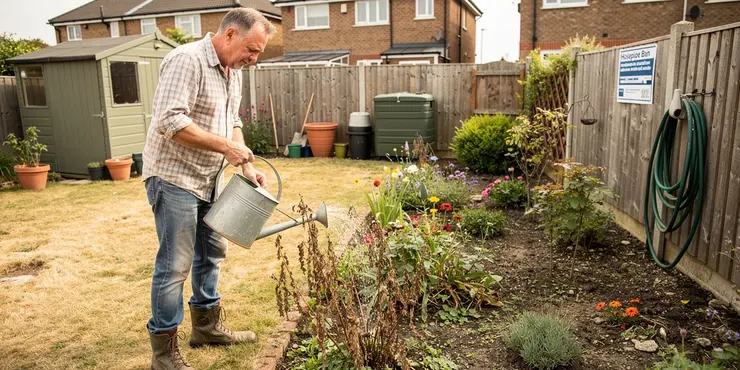
What is the penalty for violating a hosepipe ban from Thames Water?
Relevance: 82%
-

How are hosepipe ban restrictions communicated to the public?
Relevance: 78%
-

Can water companies enter my property to enforce a hosepipe ban?
Relevance: 77%
-
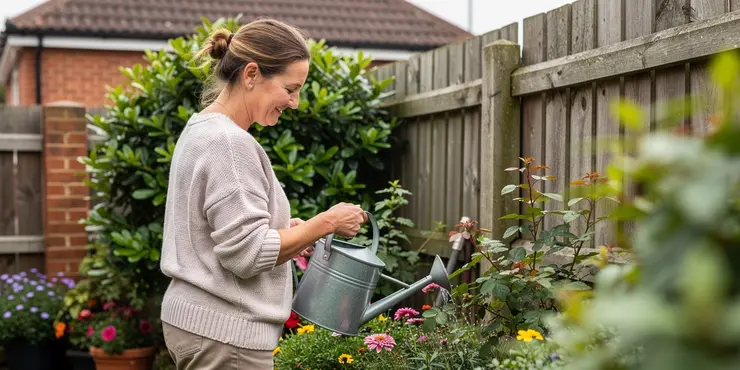
Can I use a watering can during a hosepipe ban?
Relevance: 75%
-

Is using a pressure washer allowed during a hosepipe ban?
Relevance: 75%
-

Can businesses be exempt from hosepipe bans?
Relevance: 74%
-

Does Thames Water impose hosepipe bans more frequently than other water authorities?
Relevance: 72%
-
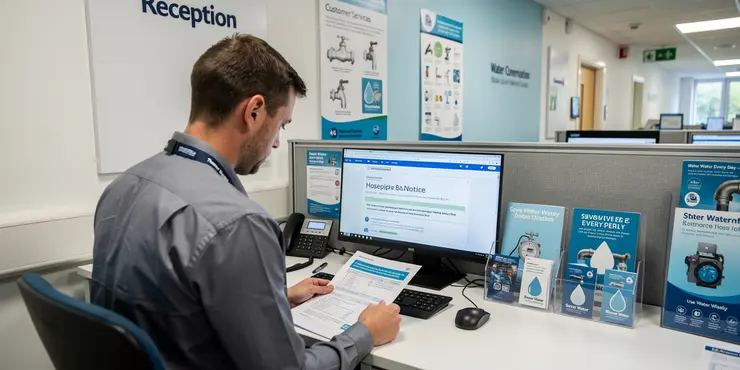
Does Thames Water notify customers before a hosepipe ban is enforced?
Relevance: 71%
-

Does Thames Water enforce a hosepipe ban more than other water authorities?
Relevance: 70%
-
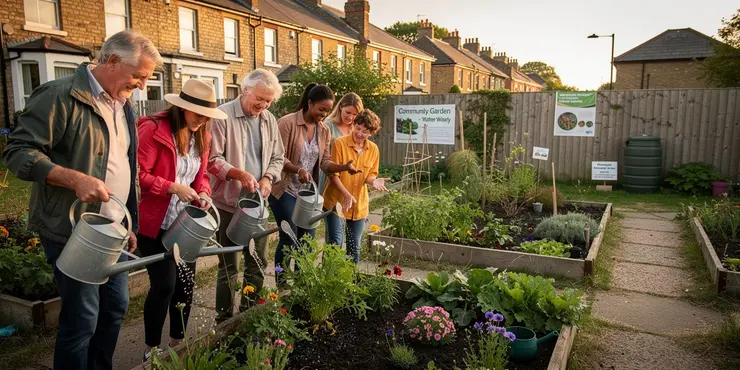
Under what conditions does Thames Water typically impose a hosepipe ban?
Relevance: 68%
-
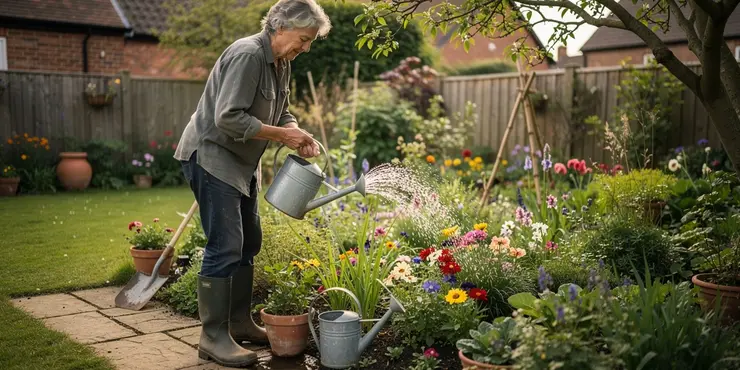
What are the penalties for breaking a hosepipe ban?
Relevance: 56%
-

Do hosepipe bans apply to all regions in a country?
Relevance: 53%
-
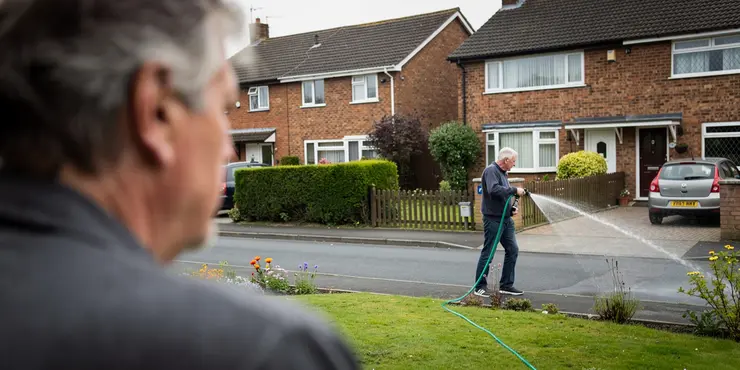
Can I report a neighbor for using a hosepipe during a ban?
Relevance: 52%
-

How often does Thames Water enforce hosepipe bans?
Relevance: 50%
-
How is the success of the social media ban measured?
Relevance: 34%
-

Can exemptions to a hosepipe ban be appealed?
Relevance: 33%
-
How are children defined for the purpose of this ban?
Relevance: 33%
-
What is the social media ban for children in Australia?
Relevance: 33%
-
Are there any criticisms of the social media ban for children?
Relevance: 33%
-

Is the UK introducing a Social Media ban for under 16's?
Relevance: 33%
-
Why was the social media ban for children implemented in Australia?
Relevance: 33%
-
What alternative measures to a ban have been suggested?
Relevance: 33%
-
Is there public support for the social media ban in Australia?
Relevance: 32%
-
How has the social media industry reacted to the ban?
Relevance: 32%
-

Who is pushing for a social media ban for under 16s in the UK?
Relevance: 32%
-
Have there been any reported benefits of the social media ban?
Relevance: 32%
-
What challenges have been encountered with the social media ban?
Relevance: 32%
-
Is there any international interest in Australia's social media ban?
Relevance: 31%
Understanding Hosepipe Bans in the UK
In the UK, hosepipe bans, also known as water-use restrictions, are implemented during periods of drought or low water levels to conserve water resources. These bans are enforced by local water companies and are critical in managing water scarcity, ensuring fair distribution and sustainable use. During these times, it is important for residents to understand what activities are restricted to help conserve water.
Can Hosepipes Be Used for Irrigation?
During a hosepipe ban, the use of hosepipes is generally prohibited for several activities, including watering gardens, washing cars, and filling swimming pools. However, there are certain circumstances under which the use of hosepipes may be allowed, even during a ban. One such exception is for agricultural or commercial purposes where hosepipes may be necessary for irrigation.
Exceptions and Permits
While domestic use of hosepipes for garden irrigation is typically restricted, exemptions may apply to certain groups. For instance, individuals with disabilities who are unable to carry watering cans may be permitted to use hosepipes. In addition, businesses that rely on water for their operations, such as garden centers, may apply for permits that allow them to continue using hosepipes for irrigation. It is important to check with your local water provider to understand the specific exceptions and permit applications that may apply in your area.
Alternative Watering Methods
During a hosepipe ban, residents are encouraged to adopt alternative methods for watering their gardens. These methods include using watering cans, drip irrigation systems, or recycled water. Rainwater harvesting is another effective method, where rainwater is collected in barrels and used for irrigation purposes. These alternatives not only help conserve water but also ensure compliance with the ban regulations.
Penalties for Non-Compliance
Violating hosepipe bans can result in penalties, including fines. The fines for using a hosepipe during a ban without proper authorization can reach up to £1,000. Water companies may also take further actions against repeat offenders. Therefore, it is crucial for residents to adhere to the restrictions and employ water-saving practices.
Environmental and Community Impact
Observing hosepipe bans and using water judiciously have positive impacts on the environment and community. Reducing water use during droughts helps maintain essential water supplies for households and emergency services. Additionally, it supports local ecosystems by preserving water levels in rivers, reservoirs, and lakes. Participating in water conservation efforts during bans contributes to a more sustainable water future for everyone.
Understanding Hosepipe Bans in the UK
In the UK, there are rules called hosepipe bans. These happen when there is not enough water. The bans help save water. Local water companies make sure people follow these rules. Everyone needs to know what they can and cannot do to save water.
Can Hosepipes Be Used for Irrigation?
When there is a hosepipe ban, people usually cannot use hosepipes for things like watering gardens, washing cars, or filling swimming pools. But sometimes, hosepipes can be used if needed for farming or business. This is because they need water for their work.
Exceptions and Permits
Most people cannot use hosepipes to water their gardens during a ban. But some people might get special permission. For example, if someone has a disability and cannot carry a watering can, they might be allowed to use a hosepipe. Some businesses, like garden centers, can apply for a special permit to use water. Check with your local water company to see if you can get permission or a permit.
Alternative Watering Methods
When there is a hosepipe ban, people should try different ways to water their gardens. They can use a watering can, drip irrigation systems, or recycled water. Collecting rainwater in barrels is a good idea too. These methods help save water and follow the rules.
Penalties for Non-Compliance
If you break the hosepipe ban rules, you might have to pay a fine. The fine for using a hosepipe without permission can be up to £1,000. Water companies can take more action if someone keeps breaking the rules. It is very important to follow the rules and save water.
Environmental and Community Impact
Following hosepipe bans helps our environment and community. Saving water during dry times means we have enough for homes and important services. It also helps plants and animals by keeping water in rivers, reservoirs, and lakes. Everyone needs to help save water for a better future.
Frequently Asked Questions
Useful Links
This website offers general information and is not a substitute for professional advice.
Always seek guidance from qualified professionals.
If you have any medical concerns or need urgent help, contact a healthcare professional or emergency services immediately.
Some of this content was generated with AI assistance. We’ve done our best to keep it accurate, helpful, and human-friendly.
- Ergsy carfully checks the information in the videos we provide here.
- Videos shown by Youtube after a video has completed, have NOT been reviewed by ERGSY.
- To view, click the arrow in centre of video.
- Most of the videos you find here will have subtitles and/or closed captions available.
- You may need to turn these on, and choose your preferred language.
- Go to the video you'd like to watch.
- If closed captions (CC) are available, settings will be visible on the bottom right of the video player.
- To turn on Captions, click settings .
- To turn off Captions, click settings again.
More Items From Ergsy search
-

How do hosepipe bans affect farmers?
Relevance: 100%
-

Can hosepipes be used for irrigation during a ban?
Relevance: 94%
-

Is a hosepipe ban legally enforceable?
Relevance: 92%
-

Are there any exceptions to a hosepipe ban?
Relevance: 90%
-

What is a hosepipe ban?
Relevance: 90%
-

Do hosepipe bans apply to public parks and gardens?
Relevance: 90%
-

Why are hosepipe bans imposed?
Relevance: 88%
-

Is a hosepipe ban legally enforceable?
Relevance: 87%
-

When will the hosepipe ban be over?
Relevance: 86%
-

How can I check if there is a hosepipe ban in my area?
Relevance: 85%
-

Who enforces hosepipe bans?
Relevance: 84%
-

What happens if a hosepipe ban is ignored?
Relevance: 83%
-

What is the penalty for violating a hosepipe ban from Thames Water?
Relevance: 82%
-

How are hosepipe ban restrictions communicated to the public?
Relevance: 78%
-

Can water companies enter my property to enforce a hosepipe ban?
Relevance: 77%
-

Can I use a watering can during a hosepipe ban?
Relevance: 75%
-

Is using a pressure washer allowed during a hosepipe ban?
Relevance: 75%
-

Can businesses be exempt from hosepipe bans?
Relevance: 74%
-

Does Thames Water impose hosepipe bans more frequently than other water authorities?
Relevance: 72%
-

Does Thames Water notify customers before a hosepipe ban is enforced?
Relevance: 71%
-

Does Thames Water enforce a hosepipe ban more than other water authorities?
Relevance: 70%
-

Under what conditions does Thames Water typically impose a hosepipe ban?
Relevance: 68%
-

What are the penalties for breaking a hosepipe ban?
Relevance: 56%
-

Do hosepipe bans apply to all regions in a country?
Relevance: 53%
-

Can I report a neighbor for using a hosepipe during a ban?
Relevance: 52%
-

How often does Thames Water enforce hosepipe bans?
Relevance: 50%
-
How is the success of the social media ban measured?
Relevance: 34%
-

Can exemptions to a hosepipe ban be appealed?
Relevance: 33%
-
How are children defined for the purpose of this ban?
Relevance: 33%
-
What is the social media ban for children in Australia?
Relevance: 33%
-
Are there any criticisms of the social media ban for children?
Relevance: 33%
-

Is the UK introducing a Social Media ban for under 16's?
Relevance: 33%
-
Why was the social media ban for children implemented in Australia?
Relevance: 33%
-
What alternative measures to a ban have been suggested?
Relevance: 33%
-
Is there public support for the social media ban in Australia?
Relevance: 32%
-
How has the social media industry reacted to the ban?
Relevance: 32%
-

Who is pushing for a social media ban for under 16s in the UK?
Relevance: 32%
-
Have there been any reported benefits of the social media ban?
Relevance: 32%
-
What challenges have been encountered with the social media ban?
Relevance: 32%
-
Is there any international interest in Australia's social media ban?
Relevance: 31%


